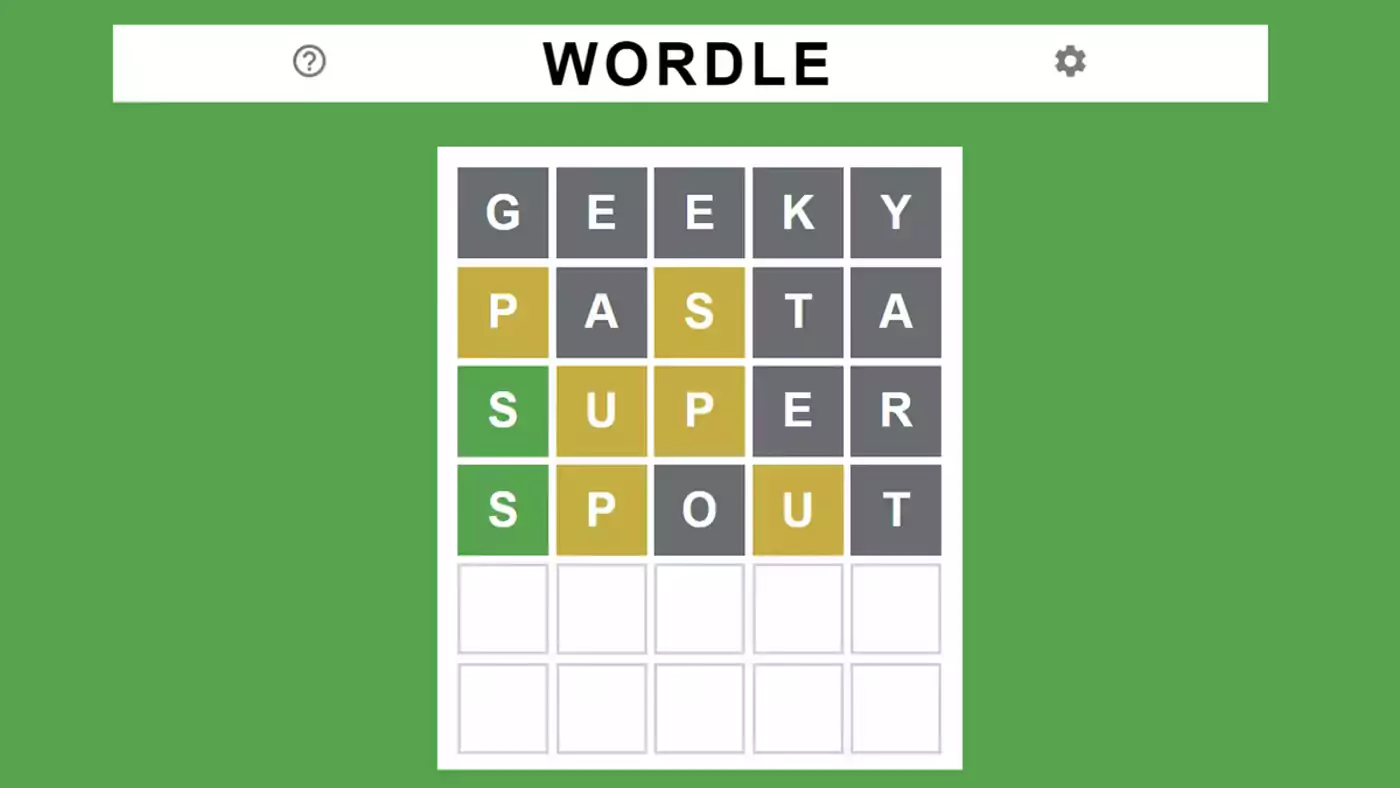Viral word game, ‘Wordle’, has been acquired by The New York Times. Wordle was acquired from its creator, Josh Wardle, a software engineer in Brooklyn, for a price “in the low seven figures,” The Times said. The company said the game would initially remain free to new and existing players.
“I’ve long admired The Times’s approach to the quality of their games and the respect with which they treat their players,” said Josh Wardle, creator of the game.
“Their values are aligned with mine on these matters and I’m thrilled that they will be stewards of the game moving forward.”
“If you’re like me, you probably wake up every morning thinking about Wordle and savouring those precious moments of discovery, surprise and accomplishment,”
Wordle has had a striking rise. It first appeared on a no-frills, ad-free website in October, and had 90 users on Nov. 1. That number grew to 300,000 by the middle of this month, and now millions play the game daily.
A feature enables users to share their performance, with rows of five bricks indicating how close they were to guessing the correct word.
For the uninitiated: A green brick indicates that the letter is correct and in the exact location; a yellow brick indicates that the letter appears in the word but in a different place; and a grey or black brick indicates that the letter does not appear anywhere in the word. These analogue brick layouts have been endlessly memed and have driven millions of tweets.
The exact terms of the deal were not disclosed, other than saying the price was the low seven figures.
“The Times remains focused on becoming the essential subscription for every English-speaking person seeking to understand and engage with the world,” a company statement said.
“New York Times Games are a key part of that strategy.”
It’s unclear if the Times will bring Wordle to mobile phones, instead of just being accessed on a website.
While Wordle will “initially remain free to new and existing players,” the “initially” is telling, though it’s unclear how it’ll be monetised in the long run: games on the Times’ site all have their own pricing structures. For example, crosswords require a subscription, sudoku is free, and other games like Letter Boxed allow a single play per day.
The Times definitely intends to make money off it, though: it was purchased in a bid to drive digital subscription numbers up to ten million by 2025.



